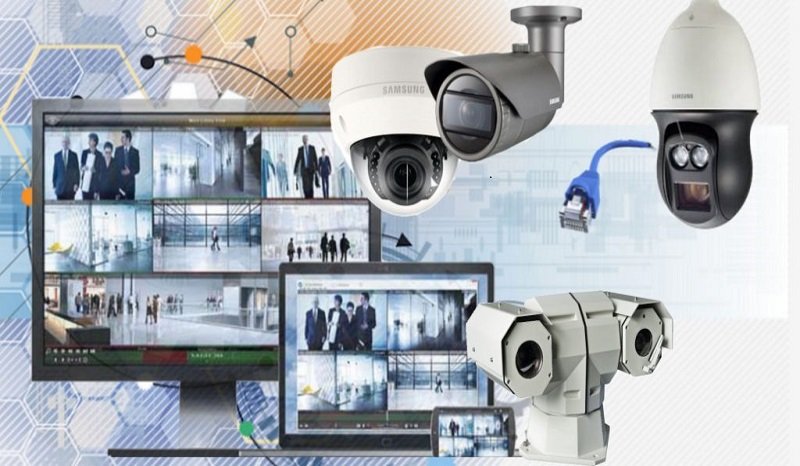Installing a professional security camera system is one of the most effective ways to protect your property and ensure the safety of your family, employees, and customers. With the increasing prevalence of crime, vandalism, and other security threats, it’s more important than ever to invest in a high-quality security camera installation.
Whether you’re looking to install CCTV cameras for your home or business, there are a few things you should keep in mind to ensure that your security camera installation is effective and provides ultimate peace of mind.
Choosing the Right Cameras:
The first step in any security camera installation is to choose the right cameras for your needs. There are a wide variety of CCTV cameras available, each with its own unique features and capabilities. Some cameras are designed for indoor use, while others are suitable for outdoor use. Some cameras are wired, while others are wireless. Some cameras are designed for day use only, while others have night vision capabilities.
When choosing cameras for your security camera installation, consider factors such as the size of the area you want to monitor, the lighting conditions in that area, and your budget. It’s also important to choose cameras that are easy to use and maintain, and that are compatible with any existing security systems you may have in place.
Expert Installation:
Once you’ve chosen the right cameras for your security camera installation, the next step is to have them installed by a professional. While some people may attempt to install their CCTV cameras themselves, this is not recommended. Installing CCTV cameras can be a complex process, and if done incorrectly, can result in cameras that don’t work properly or that provide subpar footage.
A professional security camera installer will have the expertise and experience needed to ensure that your cameras are installed correctly and in the optimal positions for maximum coverage. They will also be able to help you choose the best locations for your cameras, and ensure that the cameras are installed in compliance with any local regulations.
Remote Access:
One of the key benefits of a modern CCTV camera installation is the ability to access your cameras remotely. With remote access, you can view footage from your cameras at any time, from anywhere. This means that you can keep an eye on your property even when you’re not there, and can respond quickly to any security threats that may arise.
To take advantage of remote access, make sure that your security camera installation includes cameras that are compatible with remote viewing software. Your installer should also be able to set up remote access for you, and provide you with any necessary login credentials or other information you need to access your cameras remotely.
Maintenance and Upgrades:
Finally, it’s important to remember that a security camera installation is an ongoing process. While your cameras may work perfectly when they are first installed, they will require maintenance and upgrades over time to ensure that they continue to provide the best possible coverage and performance.
Your security camera installer should be able to provide you with ongoing support and maintenance services, including regular checkups and upgrades as needed. By staying on top of your CCTV cameras installation, you can ensure that your cameras continue to provide the ultimate peace of mind for years to come.
A professional security camera installation is an investment in the safety and security of your property and those who use it. By choosing the right cameras, having them installed by a professional, taking advantage of remote access, and staying on top of maintenance and upgrades, you can ensure that your CCTV cameras provide the best possible coverage and performance, and help you feel confident and secure in your home or business. So if you’re looking to install CCTV cameras, make sure to choose a reputable security camera installer who can provide you with the expert advice and support you need to get the most out of your security camera system.


